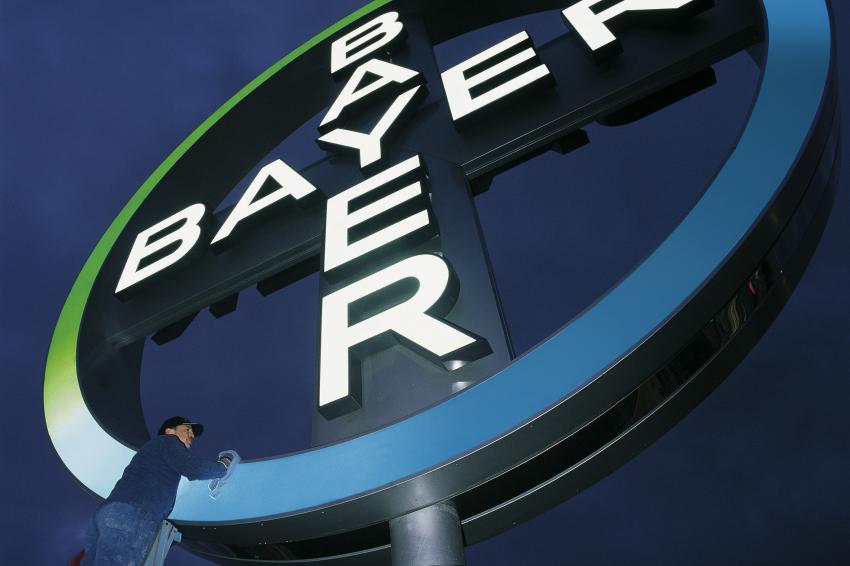EU may seek more Bayer-Monsanto Concessions
20.12.2017 -
The European Commission is apparently not entirely satisfied with the concessions Bayer and Monsanto have offered in exchange for approval of their proposed $66 billion merger.
Citing unidentified sources, the news agency Agence France Press (AFP) said the currently 28-member bloc may demand further remediation to address concerns about competition in key farm products. According to the news agency, the EU late last week sent the merger partners a statement of objections cataloguing potential reasons it might block the proposed deal.
Any concessions the Commission could mandate would be in addition to the deal Bayer agreed with compatriot BASF in October. This foresees the Ludwigshafen-group acquiring the global glufosinate-ammonium non-selective herbicide business with products sold under the Liberty, Basta and Finale brands, as well as the seeds businesses for key row crops in select markets.
The transaction, which is contingent on Bayer’s closing of the Monsanto acquisition, would also extend to the Leverkusen group’s trait research and breeding capabilities for the row crops and the LibertyLink traits and trademarks but would not include the cotton seed business in India and South Africa.
BASF executives have made no bones about their satisfaction with the decision to acquire the Bayer businesses and move into the seeds side of the agrochemical business, despite initial reluctance.
At the time of the German compatriot agreement, the merger was expected to be signed, sealed and delivered by the 2018 first quarter. Any later closing might have repercussions for the spring planting season, some observers said.
Along with concerns about competition in the agriculture sector, with its extended review Brussels is also seen as reacting to pressure from environmental advocacy groups, who fear putting too more power into the hands of giant agrochemicals corporations.
The link-up of Bayer and Monsanto, the NGOs believe, is likely to diminish chances to protect people against perceived threats to health from genetically modified crops or controversial chemicals such as the herbicide active ingredient glyphosate.
Monsanto is the market-dominating producer of glyphosate, the active ingredient in its Roundup herbicide program. In an especially controversial move, the EU recently extended the license for the chemical to be used on European soil for a further five years. This was despite a petition signed by 1.3 million citizens of the bloc calling for a ban.





